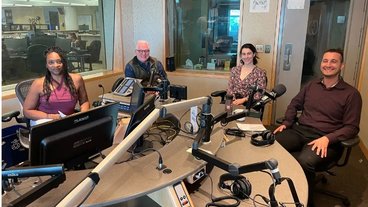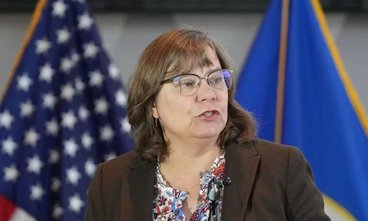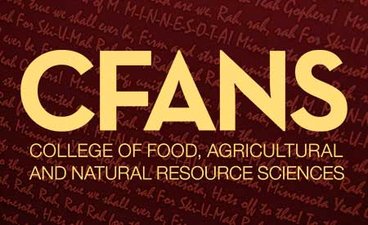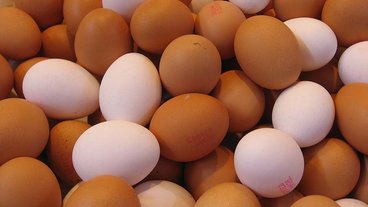
Why does buying groceries feel so painful?
Assistant professor Charlotte Ambrozek is featured in this MPR interview discussing why groceries are still so expensive and why buying them feels so painful.

After 11 years as Minnesota's state economist, Kalambokidis leaves the post
She learned a lot by working with people who make big decisions about money.

How forecasts of bad weather can drive up your grocery bill
"Supply chain disruptions and labor shortages are among the reasons food prices have climbed 25 percent since 2020," Professor Metin Cakir explains.

Can we fight shrinkflation? Yes, here's how.
"Downsizing is a problem if information about it is not fully transmitted to consumers, which causes market inefficiencies as consumers are likely unaware of unit price differences," Metin Çakır says.

Dramatic drop in Minnesota farm incomes
Pauline Van Nurden, Extension economist with the University of Minnesota’s Center for Farm Financial Management comments on the sharp decline in profitability levels, an average net profit of 8 cents for every dollar in gross income.

Families shelling out more for eggs at the grocery store
Michael Boland, an agricultural economics professor at the University of Minnesota, explains the price increase.

Minnesota posts $3.7 billion budget surplus, with financial pressure on the horizon
State Economist Laura Kalambokidis said the state’s outlook is positive but international conflicts, changes in inflation and potential lags in a federal budget could alter the trajectory.

University of Minnesota fields comments on plan to return Cloquet Forestry Center lands to Fond du Lac band
The University of Minnesota plans to return land and the Cloquet Forestry Center to the Fond du Lac Band of Lake Superior Chippewa. The tribe and school are working on an agreement to facilitate ongoing forestry research.

New view of Minnesota's ag markets revealed through 3-year project
“Data from our survey and outreach help tell a more holistic story of the experiences of small and medium-sized farmers in Minnesota and how to effectively support them in a structured way for the first time,” said lead researcher Hikaru Peterson.
